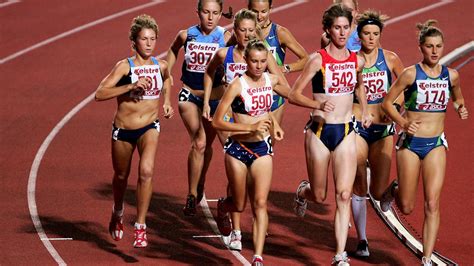How to optimize recovery for consistent strength gains and peak performance?

The Crucial Role of Recovery in Strength Training
Many athletes and fitness enthusiasts focus intently on their training sessions, pushing limits and striving for new personal bests. However, true progress—consistent strength gains, enhanced muscle growth, and sustained peak performance—isn’t solely made in the gym. It’s forged during the often-overlooked period of recovery. Without adequate recovery, your body cannot adapt to the stress of training, leading to plateaus, increased injury risk, and potential burnout. Optimizing recovery is not a luxury; it’s a non-negotiable component of a successful strength program.
Understanding the Science of Post-Workout Adaptation
When you lift weights, you create microscopic tears in your muscle fibers. This acute stress signals your body to repair and rebuild these fibers, making them stronger and more resilient than before. This process, known as supercompensation, only occurs if your body has the time and resources to recover. Additionally, your central nervous system (CNS) needs time to recuperate from the demands of heavy lifting. Neglecting these physiological processes means missing out on potential gains and pushing your system into an overtrained state.

Prioritizing Sleep for Optimal Muscle Repair
Sleep is arguably the most potent recovery tool at your disposal. During deep sleep (non-REM stages 3 and 4), your body releases growth hormone, which is crucial for tissue repair, muscle growth, and fat metabolism. Furthermore, REM sleep is vital for cognitive restoration and overall well-being. Aim for 7-9 hours of high-quality sleep per night. Establish a consistent sleep schedule, create a dark, cool, and quiet sleep environment, and limit screen time before bed to enhance sleep quality.
Strategic Nutrition: Fueling Your Gains and Recovery
What you eat plays a direct role in how effectively your body recovers and adapts to training. Proper nutrition provides the building blocks for muscle repair and replenishes energy stores.
Protein Intake for Muscle Synthesis
Adequate protein intake is essential for muscle protein synthesis (MPS). Aim for 1.6-2.2 grams of protein per kilogram of body weight spread throughout the day, including a serving post-workout and before bed. Sources like lean meats, poultry, fish, eggs, dairy, and plant-based proteins are excellent choices.
Carbohydrates for Energy Replenishment
Carbohydrates are your body’s primary energy source. They replenish muscle glycogen stores, which are depleted during intense training. Consuming complex carbohydrates post-workout helps kickstart the recovery process and prepares your body for the next session. Focus on whole grains, fruits, and vegetables.
Healthy Fats and Micronutrients
Healthy fats are crucial for hormone production and reducing inflammation. Include sources like avocados, nuts, seeds, and olive oil. Don’t forget the importance of a wide array of vitamins and minerals, obtained from a diverse diet, which play countless roles in recovery, immune function, and overall health.
Hydration is Key
Dehydration impairs performance and recovery. Water is vital for nutrient transport, temperature regulation, and joint lubrication. Drink plenty of water throughout the day, especially before, during, and after workouts. Electrolyte-rich beverages can be beneficial during prolonged or intense training sessions.

Incorporating Active Recovery and Mobility
While rest days are important, active recovery can accelerate the process. Light, low-impact activities increase blood flow, which helps deliver nutrients to muscles and remove metabolic waste products without adding significant stress. Examples include walking, light cycling, swimming, or dynamic stretching.
Mobility work, such as foam rolling, stretching, and targeted mobilization exercises, helps maintain joint range of motion, reduce muscle soreness, and prevent tightness. Incorporate 10-15 minutes of mobility work into your warm-ups, cool-downs, or on rest days.

Managing Stress and Avoiding Overtraining
Chronic stress, whether physical or psychological, elevates cortisol levels, which can hinder recovery, promote muscle breakdown, and impair sleep. Incorporate stress-reduction techniques like meditation, deep breathing, hobbies, or spending time in nature. Furthermore, pay attention to the signs of overtraining, such as persistent fatigue, decreased performance, elevated resting heart rate, and mood disturbances. Implementing deload weeks periodically allows your body to fully recover and adapt without the constant stress of heavy training.

Listen to Your Body and Individualize Your Approach
Recovery is highly individual. What works for one person may not work for another. Pay close attention to how your body responds to training and recovery strategies. Track your sleep quality, energy levels, muscle soreness, and performance. Be flexible with your training schedule, allowing for extra rest days when needed. The goal is consistent progress, not just consistently pushing yourself to the brink.

Conclusion
Optimizing recovery is as critical to consistent strength gains and peak performance as the training itself. By prioritizing quality sleep, strategic nutrition, active recovery, stress management, and listening to your body, you can create an environment where your muscles not only repair but grow stronger. Embrace recovery as an integral part of your fitness journey, and you’ll unlock new levels of performance and longevity in your strength training endeavors.









